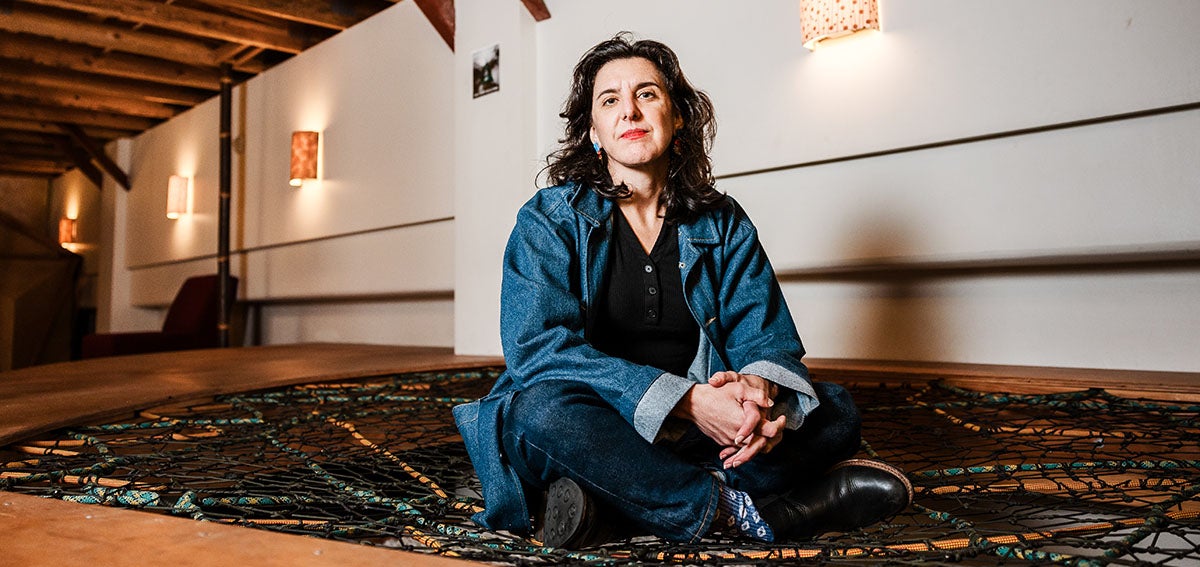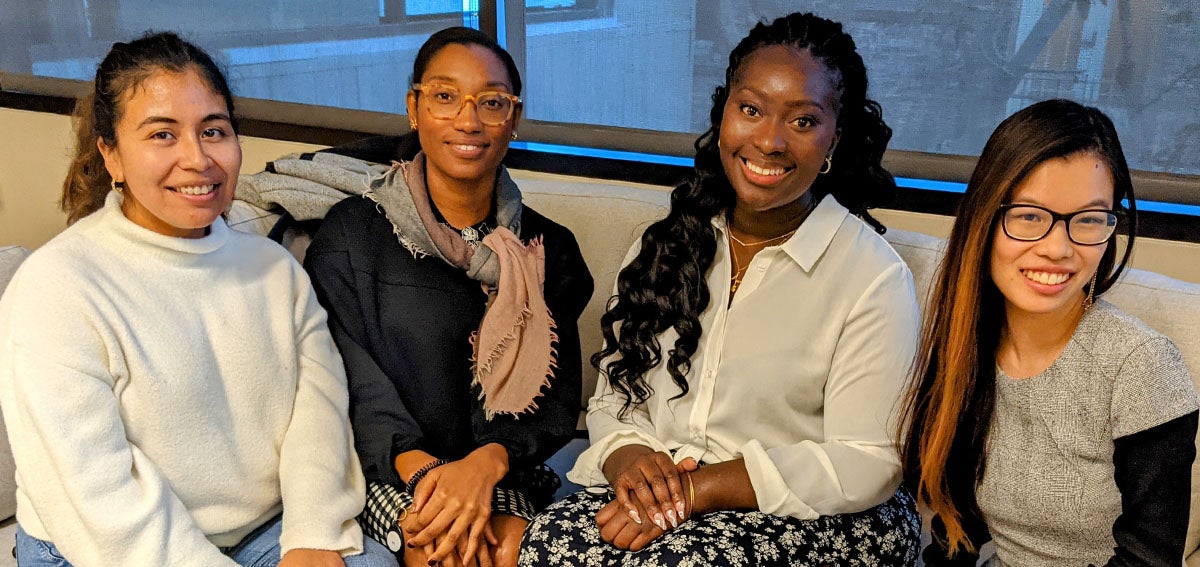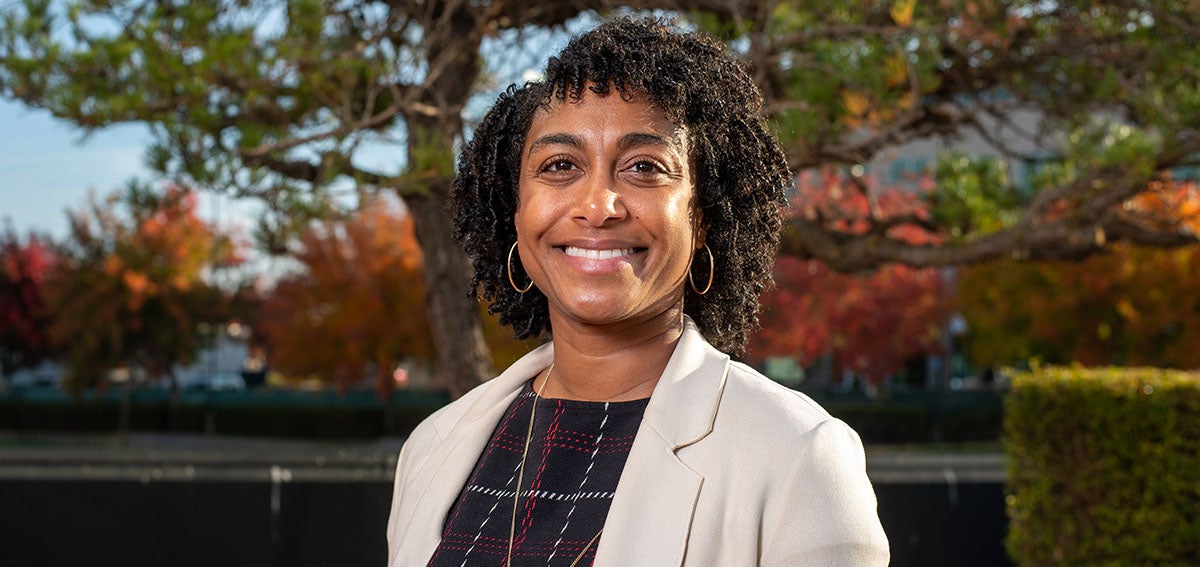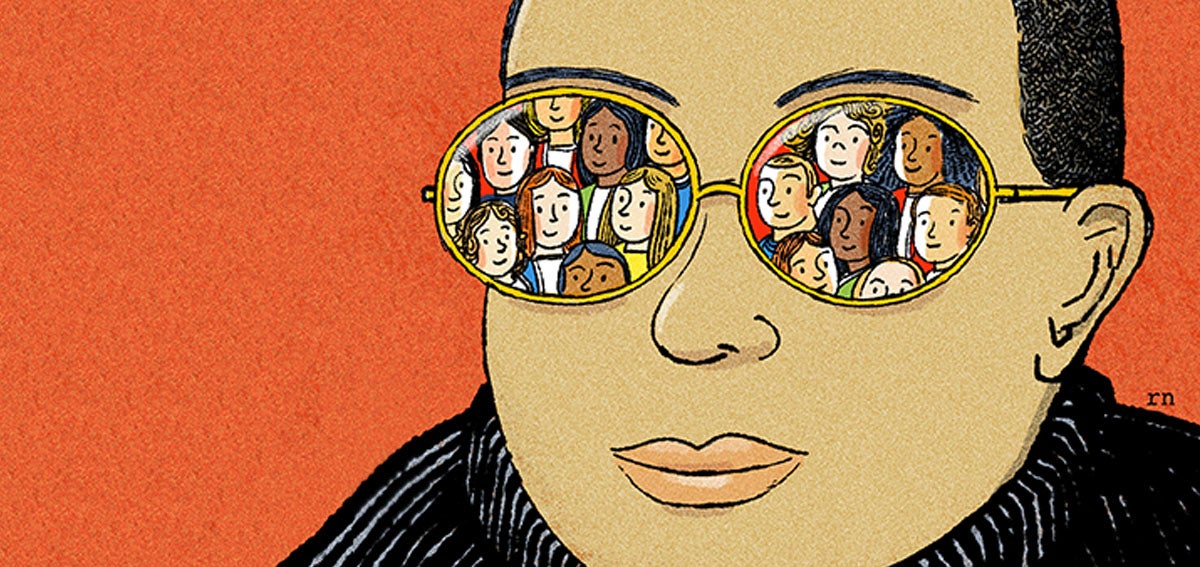
To support CHCF’s vision of health equity for all Californians, the foundation has launched the Health Equity Fellows program to identify, develop, and support emerging leaders who are Black, Indigenous, or other people of color. The program’s mission is to help fellows become local and regional catalysts for health equity across the state.
After an extremely competitive application process, CHCF selected the first cohort of four health equity fellows — a group that represents California’s geographic and cultural diversity and brings a wealth of experience and perspectives to the foundation’s work. The fellows will be full-time CHCF staff members through October 2023.
“The inaugural cohort of CHCF health equity fellows is full of rising stars who are working to make California’s systems of care more just,” said Sandra R. Hernández, MD, president and CEO of CHCF. “We are delighted that the fellows will bring their demonstrated commitment to racial and economic equity to CHCF and to the philanthropy world.”
“In my two decades in human resources and talent management, this has been the most impactful recruitment process I’ve ever led,” said Charles Reader, MBA, chief talent officer at CHCF. “It introduced us to over 500 exceptional candidates who are ready to increase their community impact, bring their lived experiences to philanthropy, and leverage the power of capital to drive change. In our selection process, the tenacity, resilience, and deep subject matter knowledge of our four inaugural fellows made them shine.”
Over the course of the two-year program, we will share more about the fellows on The CHCF Blog. Please join us in welcoming the 2021–23 CHCF health equity fellows.
Janet Boachie, Impact Investing
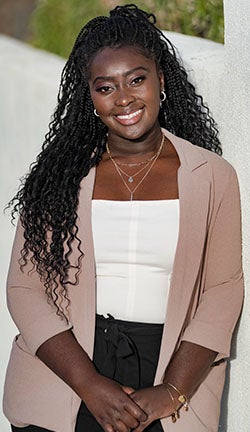
Janet Boachie will work with the CHCF Innovation Fund to expand its investment strategy to include seed-stage companies, where traditionally underrepresented entrepreneurs — founders who are Black, Latinx, other people of color, or female — face disparities in access to funding. These founders are critical partners, often able to tap into their lived experiences to champion technology solutions that align with the foundation’s mission of improving health care delivery to all Californians.
Previously, Janet was a strategy consultant at the Emory University School of Medicine, where she helped develop equitable tech-enabled solutions to meet patients’s needs. She also founded an application that provides health care options based on patients’ insurance and location, as well as wait times for care. Janet grew up near Los Angeles.
“A health equity leader in impact investing finds and influences health tech founders who think critically about whether their solutions address complex challenges within health care, as well as whether those solutions are accessible for the individuals who need them most.”
—Janet Boachie
Kenna Chic, Health Policy
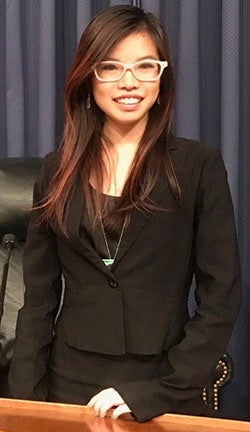
Kenna Chic will work with the State Health Policy Office to identify policy opportunities to foster better care and outcomes for Californians while centering that work on improvements in equity. Kenna will focus on deepening CHCF’s understanding of California’s health equity policy landscape.
Before joining CHCF, Kenna was a legislative advocate for Disability Rights California working to remove social barriers encountered by people with mental health issues and disabilities. She has served on multiple advisory boards and task forces, including the Mental Health Strategic Initiative and Mental Health America. As a voting member and stakeholder representative of the Bipartisan Policy Center’s Behavioral Health Integration Task Force, she focused on integrating behavioral health and primary care services, promoted the expansion of peer support, and voted to increase congressional support for telehealth grant programs during the pandemic. Kenna grew up in the Bay Area.
“To solve the most complex issues in society, systems must not only include, but also uphold, the voices of individuals who face racism, inaccessibility, and other forms of systemic discrimination every day. A health equity leader has the skills to actively listen to and empathize with individuals with these lived experiences, as well as the persistence to understand the complexity and nuance of our systems to drive reform.”
—Kenna Chic
Dalma Diaz, Homelessness and Health Care
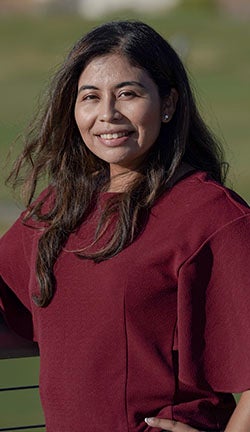
Dalma Diaz will work with the Advancing People-Centered Care team to improve care delivery and outcomes for Californians experiencing homelessness, particularly those with complex health needs who have not been well served by the status quo.
Prior to joining CHCF, Dalma was the strategic initiatives manager for the Home For Good initiative launched by United Way of Greater LA in 2010 to end homelessness in Los Angeles County. Most recently, her work at United Way focused on supporting cross-sector collaboration at the intersection of health and homelessness. She began her career focused on the education sector and later made homelessness her central interest. Dalma grew up in East Los Angeles.
“To me, a health equity leader in homelessness and health care is someone who is visionary, persuasive, and resilient. Reaching health equity is a challenge in and of itself, and to do that in a way that is inclusive of those who are the most marginalized takes long-term, consistent, and hopeful resiliency.”
—Dalma Diaz
Sequoia Hall, Improving Access
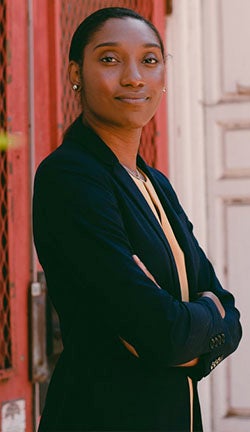
Sequoia Hall will work with the Improving Access team to expand the workforce in areas not well served by the health care system so that providers reflect the communities they serve. She will work with the team to improve health equity for Medi-Cal enrollees by expanding timely access to high-quality, culturally competent care.
Sequoia was previously a program manager for the Alameda County Health Pathway Partnership, which aims to increase the diversity of the health care workforce. She is a board member of Comunidades Indígenas en Liderazgo, an Indigenous women–led nonprofit organization, and she previously served on the board of The California Endowment’s East Oakland Building Healthy Communities initiative. Sequoia grew up in Salinas, California.
“I define a health equity leader as someone who works tirelessly on initiatives that provide communities that have been historically underserved with targeted power-building and people-centered leadership that will address the social determinants of health by advancing health equity.”
—Sequoia Hall
Authors & Contributors
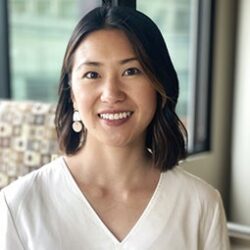

Harrison Hill
Harrison Hill is a documentary photographer and filmmaker based in Los Angeles, California. His work focuses on social justice issues centered around communities of color in the US.

Marissa Leshnov
Marissa Leshnov is a self-taught portrait and documentary photographer based in Oakland, California. She often focuses on disproportionate impacts on people caused by America’s political and cultural systems, as well as the people working to bridge the gaps of inequality. Marissa contributed work to a Marshall Project article on the life-altering impact of police dog bites — an investigative story that received the 2021 Pulitzer Prize for National Reporting. She was one of 10 photographers named by Atlanta Celebrates Photography’s 2020 Ones to Watch list. Marissa frequently contributes to the New York Times, the Wall Street Journal, The Guardian, and the San Francisco Chronicle.


